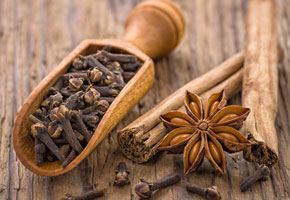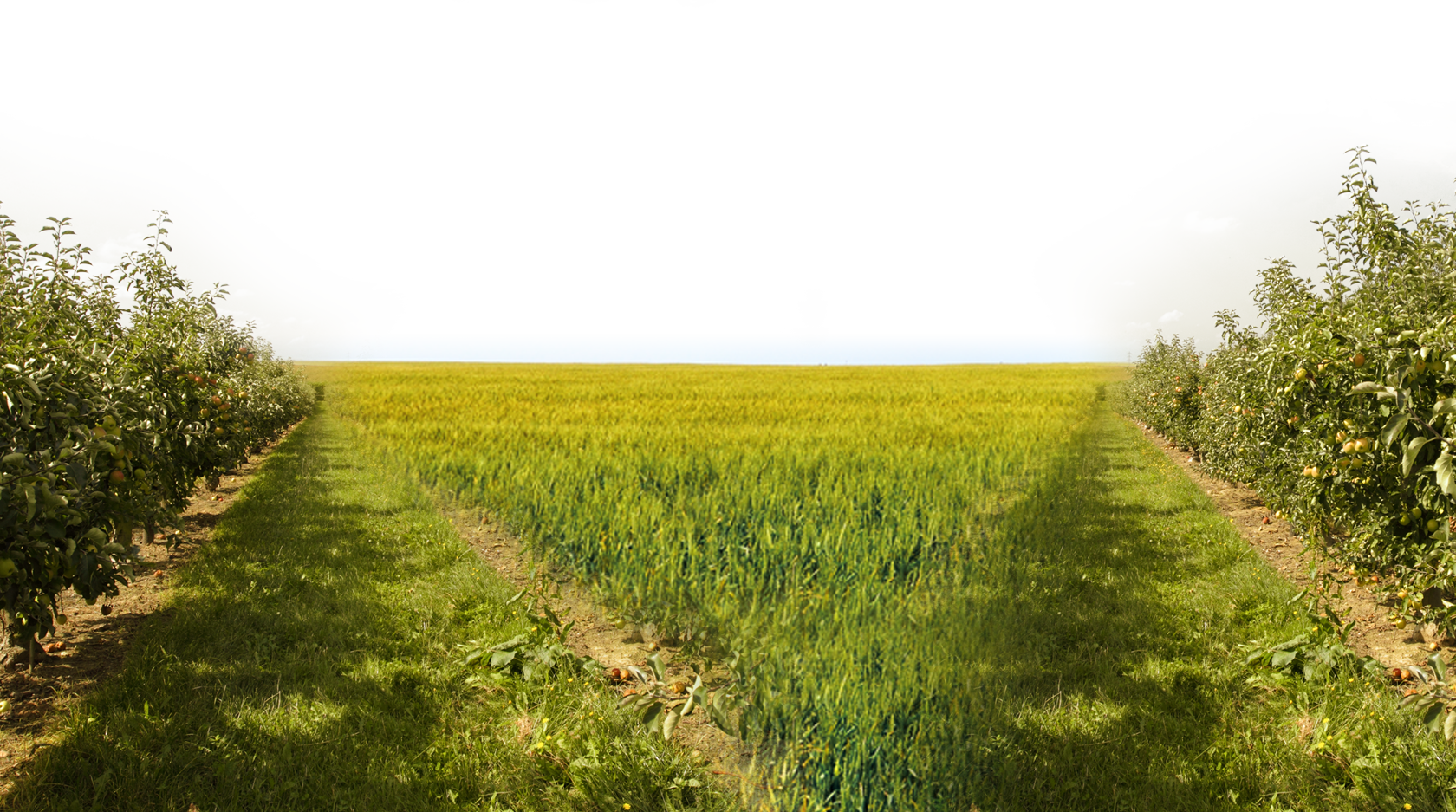
Cloves and the War on Aging
By Karen Shepard | 4 Comments | Posted 10/23/2014
When someone says the words “free radical” to me, my mind shoots to images of crazed hippies throwing Molotov cocktails. When it comes to free radicals in your body, that’s not too far off. Free radicals – a natural by product of your body’s normal metabolism, are what you don’t want storming around inside you in large numbers. When there are too many of them, or they become too numerous, they cause oxidative stress.
Oxidative stress is one of the main causes of degenerative diseases and aging. Its similar to what happens to a car when it rusts or a banana when it starts to go brown, except it happens inside your body, causing tissue to break down, muscles to lose tone and skin to dry out. The more free radicals the more the damage.
As far as I know no one has managed to stop the aging process, but there are things you can do to help curb the effects. In the same way a paint of coat helps protect your car, antioxidants help protect your cells. – And guess what spice has the highest antioxidant activity of any food? Cloves! Not only are cloves the highest ranking antioxidant, they are also an excellent source of vitamin K (see Linda Bonvies Blog on this important and hard to obtain vitamin,) as well as manganese, and dietary fiber.
The active component of cloves, eugenol has been shown to prevent toxicity from environmental pollutants, protect against digestive tract cancer and joint inflammation. The eugenol and beta-carophyllene in cloves combine to make them an anesthetic as well as an antibacterial. I remember my Mom putting clove oil on a sore tooth, and people have been using clove as an antiseptic or breath freshener since at least 266 BC when records show that Chinese army officers used it to combat halitosis before interviews with the Emperor. Cloves are also a good source iron, calcium, vitamin-B6 (pyridoxine), thiamin (vitamin B-1), vitamin-C and riboflavin (vitamin B2.)
So what exactly is a clove? Cloves are the dried flower bud of an evergreen tropical tree. Their name, derived from the latin word clavus, literally means “nail.” The actual latin name for clove is Eugenia caryophyllata.
Cloves are not a simple crop. It takes about 20 years for the clove tree to produce flowering buds. Buds are harvested spring and winter when the flowers turn from green to purple, and are usually sun dried in tropical regions. Dried buds have been used for medicinal purposes for at least 4000 years as an anti-fungal and anti-inflammatory, to help heal wounds, staunch bleeding, quell motion sickness or dizziness, and in more recent times to give relief from coughs and colds, altitude sickness, vaginal infections (especially those caused by candida albicans) and in dispelling intestinal parasites. The astringent properties of the clove make it useful in treating travelers’ diarrhea, and in appropriate amounts it is said to relieve the discomfort of acid stomach as well. According to the American Heart Association, clove can help lower cholesterol, and it I listed as one of the top five herbal remedies for diabetes, assisting your body in naturally regulating blood sugar.
Clove oil is said to be aphrodisiac in nature. I take that to mean it is attractive and stimulating to the senses – which is certainly is! Cloves have been used to treat bronchitis and asthma, and the aroma is said to have an arousing effect on both the mind and body. The essential oil in cloves helps expand blood vessels and blood flow, making you feel warmer. As a result it is often used externally as a poultice or in a bath to treat sore muscles, and arthritis.
On days like today, when the mist rolls in on the Sound, I begin to think about spiced cider, mulled wine and pumpkin pie. I anticipate aromatic turkey stuffing, dark fruity bread and pungent puddings. Earlier this morning I rummaged through my spices and pulled out a small canister of ground clove and added it to my turmeric tea. It was the perfect pick me up. The back of the jar suggests it can be used in tomato juice, cranberry relish, on ham, in spaghetti sauce, beets, cakes, fruit pies beans and split pea soup. I’m sure there are many other uses as well, and as the light grows shorter, I plan to add as much clove as possible to my diet, and maybe lengthen my healthy days in the process.
Note: Cloves are one of the more intense aromatic herbs and should be used with care. Cloves and clove oil are potent and not recommended for children under 6, pregnant or nursing mothers, or anyone with a tendency to allergic reactions. If you have never used clove before and would like to, it is recommended that you try a very small amount first.
You can extend the shelf life of whole cloves by keeping them in a cool dark place.
Antioxidants for health and longevity
Five herbal remedies for diabetes
Medicinal properties of cloves
http://www.nutrition-and-you.com/cloves.html


 Contact us
Contact us




























4 Responses to Cloves and the War on Aging